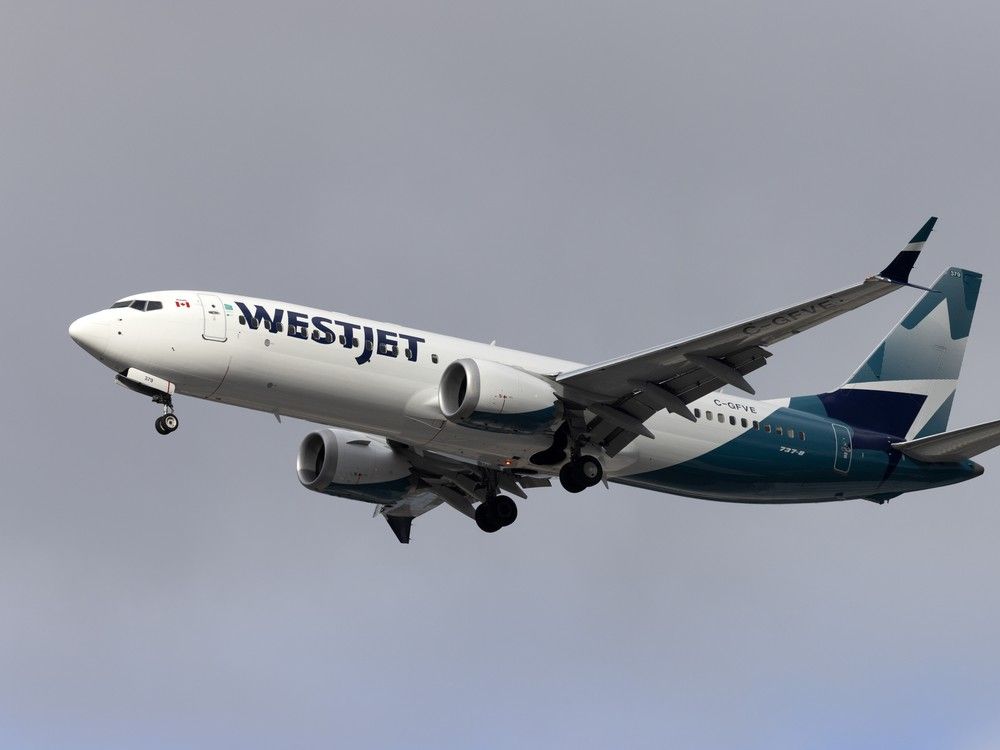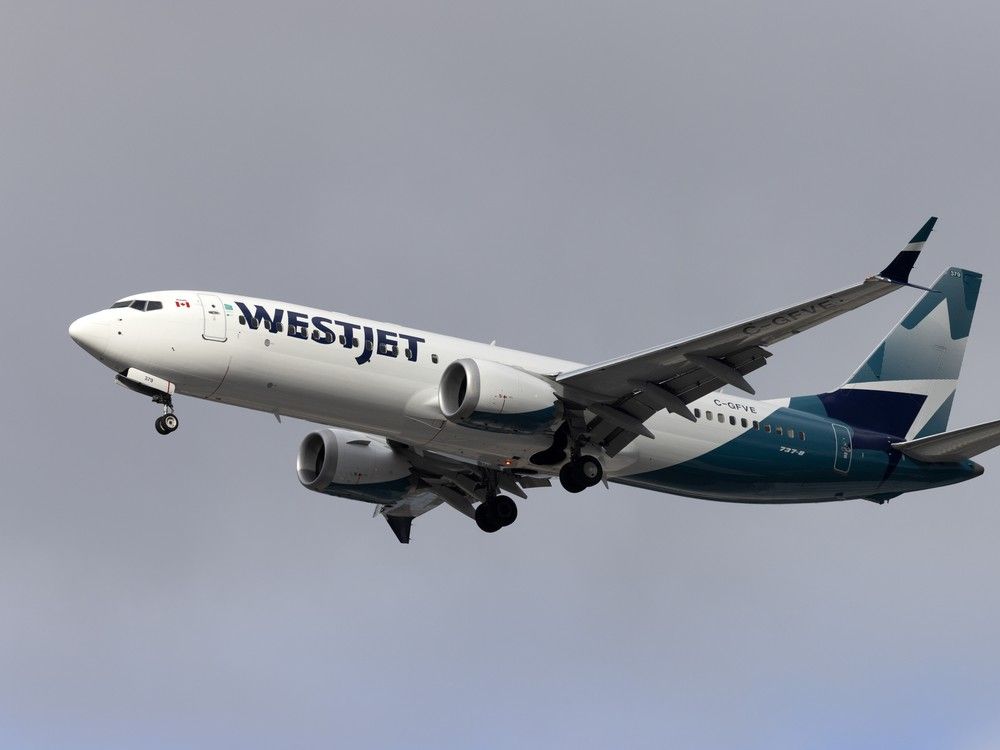
WestJet’s argument that passengers shouldn’t be compensated for any flight disruptions stemming from safety issues, regardless of the circumstances that led to the problem, did not fly with the Federal Court of Appeal.
The carrier was appealing a decision from the Canadian Transportation Agency (CTA) that awarded Owen Lareau $1,000 because his WestJet flight from Regina to Toronto was cancelled less than an hour before departure on July 18, 2021, due to a crew shortage.
“The appellant’s proposed interpretation of the safety category would effectively defeat the consumer protection scheme established by the regulations to redress the acute imbalance in market power to which passengers have historically been subjected in relation to air carriers. It must be rejected,” Justice Gerald Heckman wrote in a recent decision out of Toronto from the three-judge panel that dismissed WestJet’s appeal.
After Lareau’s flight was cancelled, WestJet provided him with a hotel and meal vouchers. But the airline declined his request for compensation for inconvenience under the Air Passenger Protection Regulations because the flight “was cancelled due to crew member availability, and that this cancellation was required for safety purposes,” according to the CTA’s July 2022 decision under appeal.
A review of this country’s transportation system conducted a decade back found “Canadians were very concerned with the unsatisfactory treatment of airline passengers affected by delays, cancellations, and denials of boarding,” Heckman wrote in the appeal court decision dated Aug. 25.
“The review concluded that legislative and regulatory reform was needed to ensure the fair and reasonable treatment of air travellers.”
In 2019, the federal government brought in regulations forcing airlines to compensate passengers “for inconvenience caused by a disruption” within their own control.
But it made an exception for safety issues, the use of which should be limited to events “that cannot be prevented by a prudent and diligent carrier,” according to the CTA.
WestJet “argues that passengers should receive no compensation for any flight disruption that arises in response to a safety issue, regardless of the circumstances that have led to the safety issue, including a carrier’s failure to take reasonable measures to develop and implement a reasonable contingency plan to mitigate the disruption,” said the appeal decision. “Moreover, in the appellant’s view, the agency’s interpretation of the safety category cannot stand because it puts pressure on carriers and their personnel to choose to operate flights unsafely in order to avoid paying their passengers compensation.”
Air Canada, an intervener in the case, agreed with WestJet that the CTA’s “test for the safety category ignores whether a disruption is required for safety purposes and asks instead whether it was foreseeable and could have been prevented by a prudent and diligent carrier.”
In Lareau’s case, his flight was cancelled, according to WestJet, because the airline couldn’t find a first officer that day for his flight from Regina to Toronto.
“In the appellant’s view, on the plain and ordinary meaning of the definition of ‘required for safety purposes,’ the cause of the situation that leads to a safety issue, including whether it is due to the actions or inactions of a carrier, does not matter, except with respect to the carve-out for disruptions resulting from issues identified on scheduled maintenance. The only question is whether, in the circumstances that presented, whatever the cause, delaying or cancelling the flight was required by law in order to reduce risk to passenger safety.”
According to the appeal court judges, “a disruption that is within a carrier’s control” is one the airline has “the power to influence or direct, or over which it can exercise restraining or directing influence.”
In that context, said their decision, “it should go without saying that under no circumstances should the prospect of a carrier paying compensation for a flight disruption factor into safety decisions made by carriers or their crew members in the exercise of the discretion afforded to them under the governing regulatory framework.”
WestJet’s proposed interpretation of the safety exception “could deny compensation for disruptions that result either from the carrier’s lack of diligence in carrying out its day-to-day operations,” Heckman wrote, “or from a deliberate decision to privilege its economic interests. These outcomes are irreconcilable with the purpose of the regulations to institute a consumer protection scheme that corrects the acute imbalance in market power between air passengers and air carriers that predated the regulations.”
The judges didn’t stipulate who should pick up the legal tab. “As no costs are sought, I would award none,” Heckman wrote.
Our website is the place for the latest breaking news, exclusive scoops, longreads and provocative commentary. Please bookmark nationalpost.com and sign up for our daily newsletter, Posted, here.
